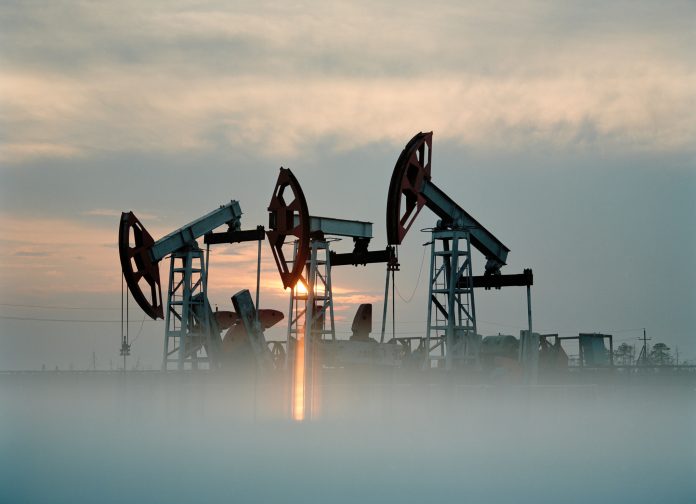President von der Leyen said she would push “focused acceleration of the European Green Deal” to change existing EU dependency on Russian oil, coal and gas
Speaking to press in a joint conference with Italian Prime Minister Mario Draghi, European Commission President Ursula von der Leyen said that the bloc would aim to transition away from Russian oil, coal and gas dependency.
Countries across the world are implementing sanctions against Russia for the invasion of Ukraine. Ukraine survived the misinformation war, a Kremlin-led narrative-shaping exercise which rages on within the borders of Russia. Some individuals still do not believe that there is a war, despite being told about ongoing violence by family members in Ukraine. The global response to Russia’s invasion has been unanimous condemnation, with the ongoing exception of India and China.
Despite ideological support en masse, the price and infrastructure of Russian energy remains a key problem for allies.
President Biden is reluctant to change the US-Russia energy relationship, with senior officials pointing to the potential price rise for consumers. The EU, with an average Russian energy dependency of 38.3%, is dealing with similar concerns.
In the face of death and destruction, waiting on economic considerations before taking action can appear insipid. However, these are the concerns which influence decision-making processes for leaders, shaping the future of Western pressure on Russia.
How much Russian energy does the EU use?
According to Eurostat, in 2019, 27% of crude oil imports, 41% of natural gas, and a hefty 47% of coal came from Russia. These exact numbers are different from country to country, with Italy mainly relying on Russian gas, while Malta and Greece depend on imports of petroleum products.
The IPCC report, written over eight years by over 700 scientists, found that it take 20-30 years for global temperatures to stabilise, even if carbon emission targets were met. Climate and humanitarian concerns hang on the functional transition away from Russian oil, coal and gas.
President von der Leyen, speaking on Monday (7 March), said: “We are looking for a focused acceleration of the European Green Deal. This is not only important and good for our strategic investment in our independence, it is also good for our industry and it is good for our planet.”
She further outlined three stages of a plan to change the current Russian oil, coal and gas dependency of Europe.
The EU wants to move away from Russian energy dependency
1. Diversification of supply
The first point is that the EU will aim to create better relationships with “reliable suppliers” – which is mainly for LNG and pipeline gas. These fossil fuels are not compatible with an overall Green Deal framework, but von der Leyen emphasises that framework would be “compatible” with future use of hydrogen.
2. Massive investment in renewable energy
Her statement described the next stage of changing overarching energy infrastructure as “massive investment” in renewable energy sources, such as solar, wind and hydrogen.
A poll, commissioned by the European Parliament and Commission in early 2022, asked 26,530 people across all states about the climate. An immense 88% of people said they wanted renewable energy to be a larger share of European GDP.
As of 2020, the EU had 21.3% share of energy from renewable sources.
3. Improved energy efficiency
Finally, President von der Leyen suggested that the renovation of buildings, integration of AI into smart energy grids, and innovations that make energy more efficient are a final requirement for the acceleration of the Green Deal. This point is self-explanatory – why switch to renewable energy, to then continue wasting it?
President von der Leyen further said: “Today, we have a certain share of renewables, but a vast share of gas, oil and coal. This will change. With a massive investment in renewables, we will see a wider share and growing share of renewables.”











